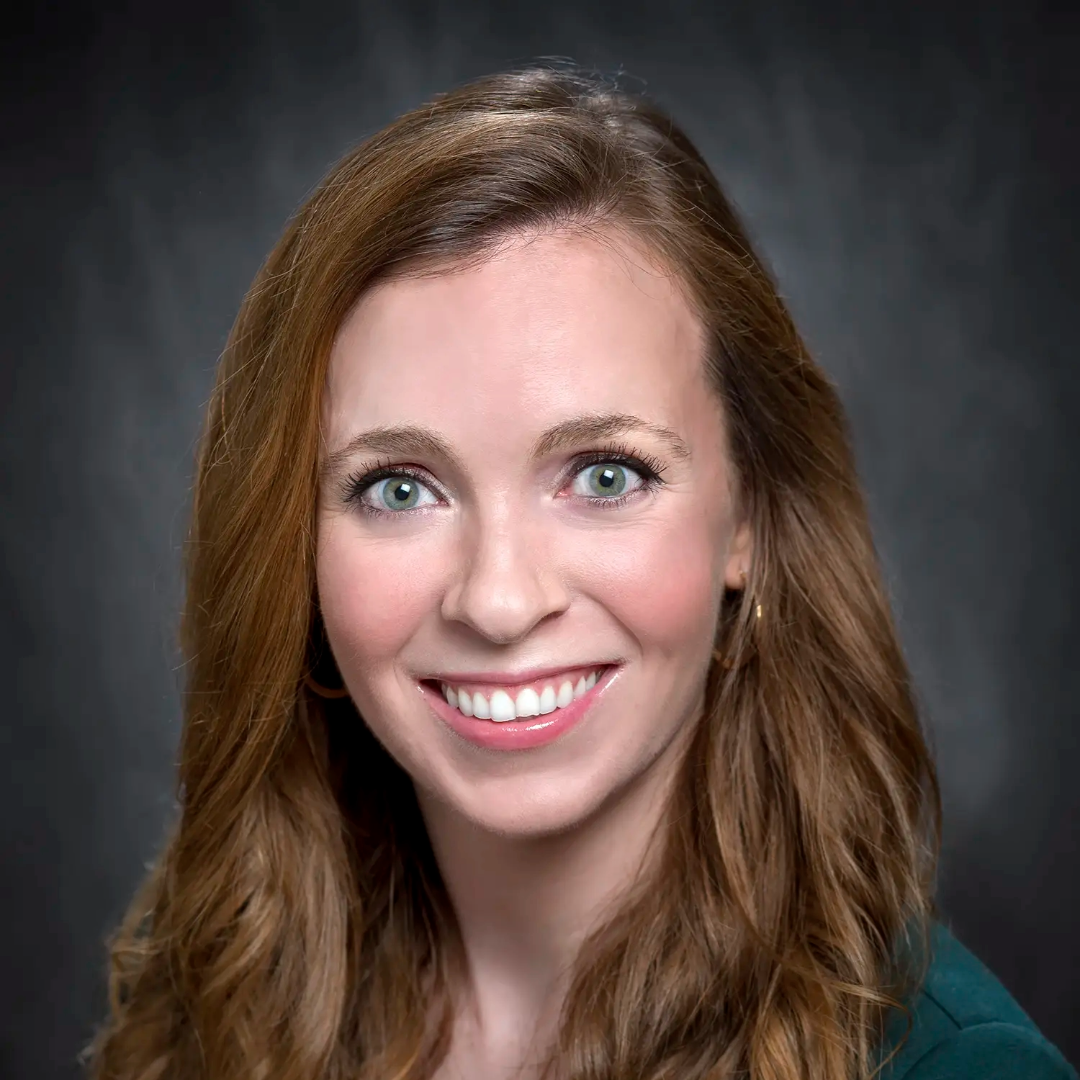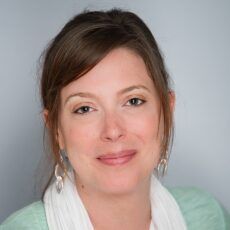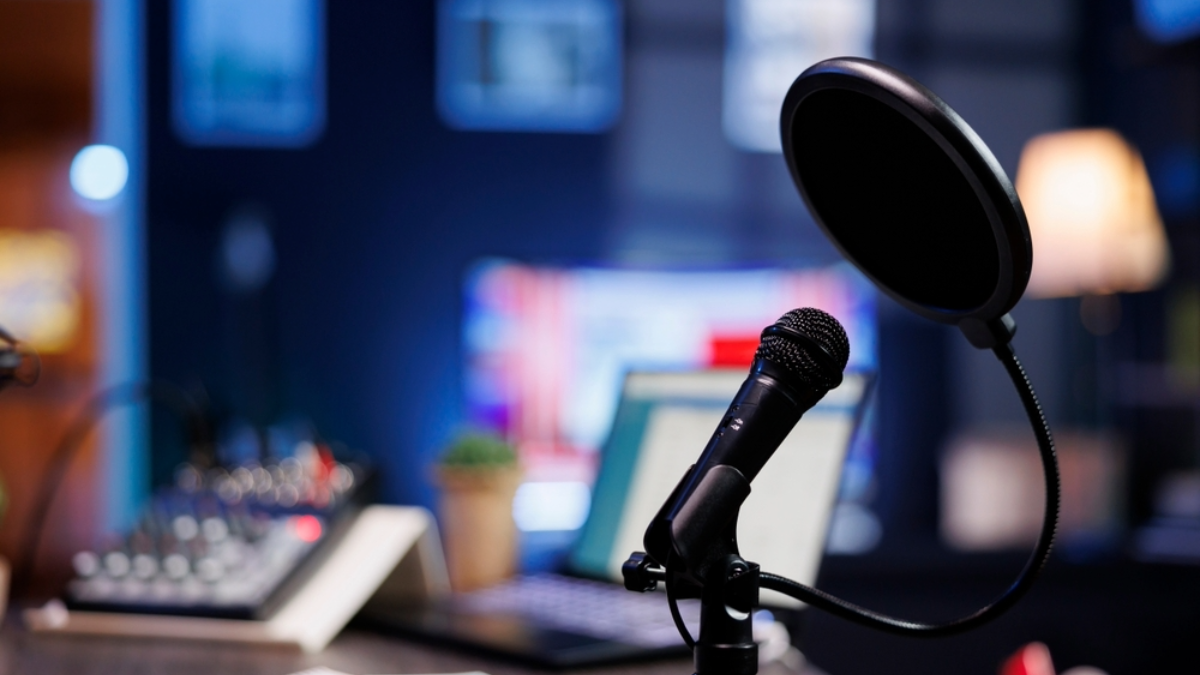Tips for Scholars Who Share Their Elections Expertise with the Public
Kathleen Searles, Rebekah Tromble / Aug 8, 2024As the 2024 US elections draw near, many of our colleagues in academia will share their knowledge and insights with the public via social media, on podcasts, and in the press. But public-facing communication can put academics and other experts at risk for intimidation and harassment by hostile members of the public, politicians, and pundits. We’ve spent the last three years researching how to better support researchers in these circumstances and have compiled a list of proactive steps that scholars can take to help reduce the potential intensity and negative impacts of such backlash.
The tips we offer here are part of a larger project, the Researcher Support Consortium, that will launch later in September. At its launch the Consortium will offer resources not just for individuals, but also for institutions and funders that seek to better support scholars facing various forms of intimidation and harassment for their work. These resources will include sample policies, guidance about how to set up institutional response teams, and tips for appropriately communicating with impacted scholars.
In the meantime–and especially as we watch the US politics grow increasingly tense– we share these research-backed steps in hopes of empowering the vital work that so many of our colleagues do. A one-page version of this tip sheet is also available here.
- Check and update your security and privacy settings for your social media and other online accounts. PEN America offers step-by-step guidance for major social media platforms and has a variety of additional resources to help you secure your online presence.
- Protect your contact information. Consider protecting your personal contact information by removing your phone number, email address, home address, and work location from any public-facing websites, directories, published materials, or CVs that you or your employer control. These can always be reinstated once the elections are over. If a physical address is needed, consider using your institution's main address.
- Sign up for a service to remove your personal information from the other websites, search engines, and data broker databases. There are a variety of services that can help with this. DeleteMe covers the most data brokers, but can be pricey. Other options to consider include Incogni, Aura, and HelloPrivacy.
- Prepare your inbox. Set up filters to automatically move different types of emails into different folders. Create a "quarantine" folder and set up filters to automatically move threatening or harassing emails into that folder. You may not want these emails in your inbox, but you should preserve them in case they are needed as evidence later.
- Verify that appropriate security measures are in place for public events. Talk to the organizers of public events and ask what, if any, precautionary steps they are taking. Request that online events require registration, and ask that one or more people be assigned to monitor for and remove trolls. For in-person events, ask what the protocols will be for handling disruptive or combative behaviors from the audience. For both online and in-person events, make sure that you are aware of plans to livestream and/or record, including where video will be streamed or posted online. If appropriate, request that comments and replies be turned off or limited on these sites.
- Engage with the communications team at your university. Ask about their standard practices for publicly responding—or not—to instances of external harassment directed at scholars. Ask the communications team to add your name and social media handles to their online monitoring systems, and request that they alert you if they encounter anything concerning.
- Talk to colleagues in advance. If you think you may be particularly at risk for external harassment, consider the colleagues that you can turn to for support and talk to them about potential risks in advance. If you can, share your concerns with them and the ways they can help. For example, some people may be able to monitor social media, others may provide a good sounding board. Ideally you won’t need this help, but having such conversations can help you to feel prepared, while empowering a broader community committed to public scholarship.
As it becomes harder and harder to scrutinize tech platforms, independent researchers are taking on greater risks. Their insights are crucial to understanding the relationship between technology, politics, and elections. Their expertise is, without exaggeration, crucial to democracy. And yet, these insights and expertise are often inconvenient to many who seek or hold power. Scholars who study such important issues and share their vital knowledge with the wider public deserve support and protection.
Authors


